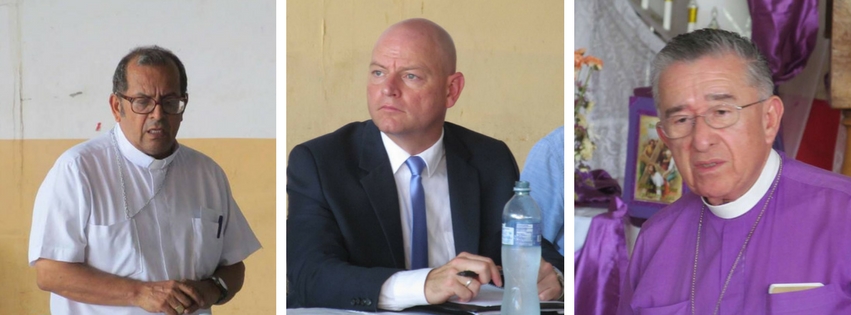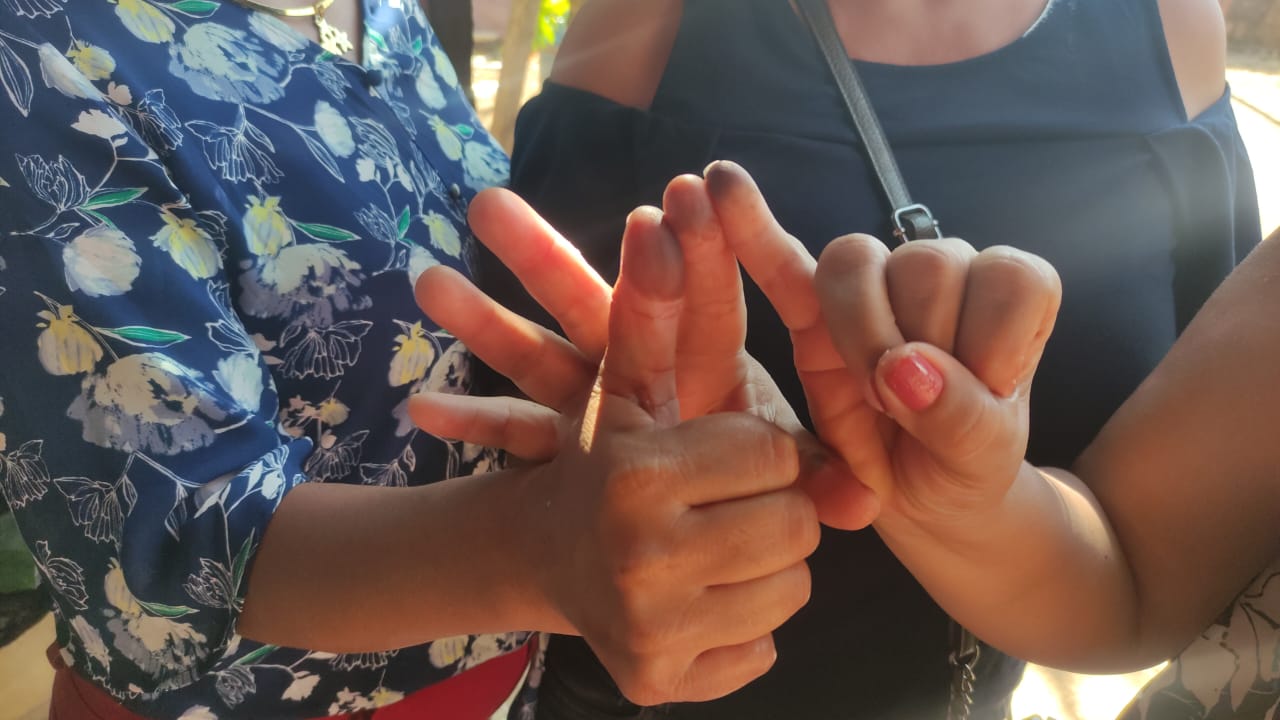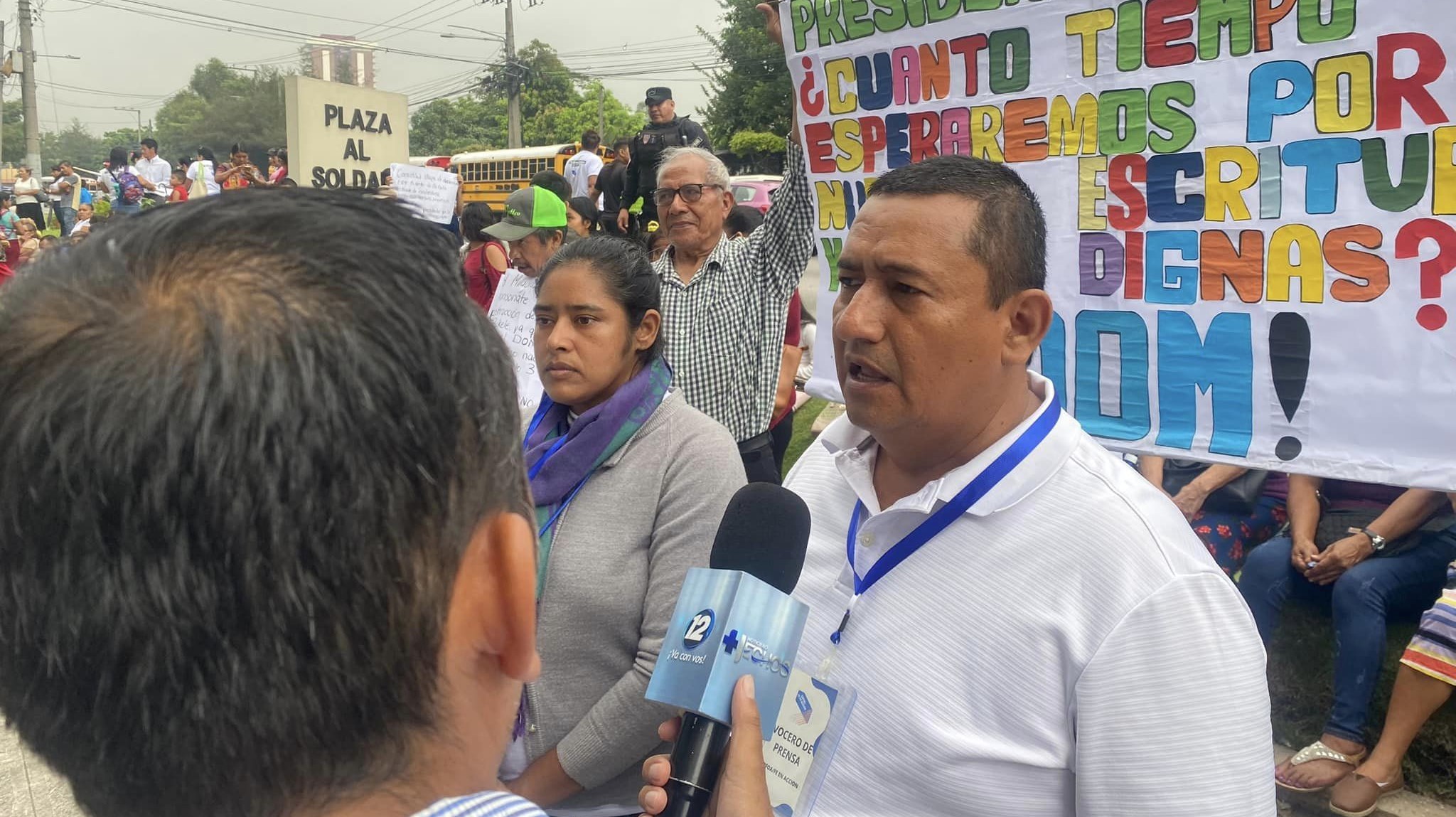As Salvadoran President Nayib Bukele has consolidated control over politics in El Salvador, Communities of Faith Organizing for Action (COFOA) has not stopped organizing to hold his government…
COFOA delivers message to U.S. officials about misguided immigration, aid, and violence policies
COFOA leaders hosted US Human Rights Representative Daniel Thompson and three US State Department officials who sought dialogue about US foreign aid, violence reduction, and TPS (Temporary Protected Status) policies. Retired Anglican Bishop Martin Barahona and leaders warned, “The US revocation of TPS and the deportation of 200,000 Salvadorans would have dire consequences on the economy of both countries and alter the relationship between the countries. Our country is not prepared to receive all these people who would immediately face threats of extortion and violence even if they came to invest in the country.”
All of the COFOA leaders raised the issue of corruption and impunity by elected officials and wealthy business people as causes for tax evasion, lack of services, rising violence, and growing economic inequality. Lack of participatory development planning and public accountability processes result in the ineffective use of U.S. and other investments. Projects are not completed and the public loses trust in government. Catholic Bishop, Elias Bolaños said, “Entrepreneurs and government officias need to be supported but they need to exercise greater social responsibility.” COFOA leaders know it can be different and provided examples of how organized participation can force transparency, accountability and result in needed improvements for communities. Mayor Marvin Morena de Canales testified to her effective partnership with COFOA to complete road construction in Santiago Nonualco. COFOA leader urged U.S. official to demand this kind of public participation and accountability in all USAID investments.
When Mr. Thompson and his colleagues asked about violence, leaders said the problem is very complex because gangs are deeply embedded in Salvadoran families and society. They said that collaboration with police can help and cited their work with community policing in San Juan Tepezontes that resulted in increased safety. But leaders said that long term solutions must include investment policies that create employment opportunities, especially for young people.
COFOA leaders felt positive that the US embassy was engaging people from the rural areas of ??El Salvador. They felt listened to as they shared the results achieved through the application of the community organizing methodologies. To be more effective, COFOA is seeking to expand organizing to other rural departments in El Salvador.
COFOA leaders included Bishop Elías Bolaños, Anglican Bishop Emeritus Martin Barahona, Fr. Martin Anzora, Fr, Santos Martínez, Fr. Giorgio Santagiuliana, Angel Herrera, Carlos Escobar, Juan Ramón Navarro, Lucila Solano. Municipal guests included Mayor Marvin Morena Martel de Canales and City Manager Luis Ingles of Santiago Nonualco. U.S. Officials included Daniel Thompson, Attaché of Human Rights; Lane Mears, USAID Regional Chief for Development Strategies; Gregory Swarin, USAID Attaché for Development Strategies; Colonel Elliot Harris, Military Attaché from Zacetucoluca.



